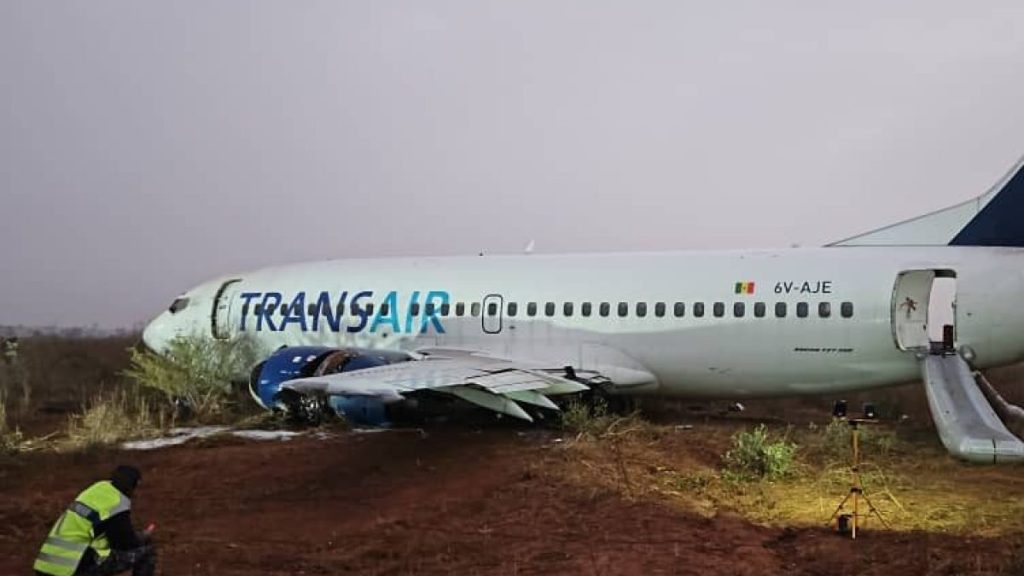Accidents involving Air Senegal and Corendon Airlines have raised concerns about Boeing’s safety record. In Senegal, a Boeing B737-300 chartered by Air Senegal skidded off a runway in Dakar before takeoff, injuring at least 10 people. The airport was closed but later reopened. Meanwhile, in Turkey, a Boeing 737-800 belonging to Corendon Airlines had a tyre burst during landing in Gazipasa, with all 190 passengers and crew safely evacuated. The aircraft’s nose landing gear was damaged, and flights were diverted to Antalya airport. This incident followed a separate emergency landing involving a FedEx Boeing 767 cargo aircraft in Istanbul.
Manufacturers like Boeing are generally not involved in the operation of planes once they enter service, but the company has faced scrutiny due to incidents involving its 737s. In recent years, there have been accidents like a door panel blowing out of a Boeing 737 Max during an Alaska Airlines flight, following two crashes that caused 346 fatalities. Adding to Boeing’s woes is an investigation in the US into whether employees falsified inspection records for the 787 Dreamliner. These incidents have raised questions about Boeing’s safety protocols and oversight.
The Air Senegal and Corendon Airlines accidents have added to Boeing’s already tarnished reputation, particularly regarding the safety of its aircraft. Photos and videos from the Senegal incident showed a damaged wing and a fire on the left wing of the Boeing B737-300, prompting concerns about the safety of the flight. In Turkey, the Corendon Airlines incident involved a burst tyre during landing, leading to the evacuation of all passengers and crew. These accidents underscore the importance of robust safety measures and protocols within the aviation industry.
Despite Boeing’s safety record coming under scrutiny, the company has reiterated that it is committed to ensuring the safety and reliability of its aircraft. Manufacturers like Boeing play a critical role in developing and producing planes, but airlines are responsible for the operation and maintenance of the aircraft once they are in service. However, incidents like those involving the Boeing 737s have raised questions about the company’s safety procedures and oversight. The recent accidents in Senegal and Turkey have once again brought Boeing’s safety record into focus, highlighting the importance of strict safety regulations in the aviation industry.
In response to the accidents in Senegal and Turkey, investigations have been launched to determine the causes and factors contributing to the incidents. The Senegalese government has vowed to investigate the Air Senegal accident, which saw the Boeing B737-300 skid off the runway in Dakar. In Turkey, authorities are also looking into the Corendon Airlines incident, where a tyre burst during landing, damaging the aircraft’s nose landing gear. These investigations will play a crucial role in identifying any lapses in safety protocols and ensuring that such incidents are prevented in the future, ultimately enhancing air travel safety for passengers and crew.
The accidents involving Air Senegal and Corendon Airlines have highlighted the importance of robust safety measures and oversight within the aviation industry, particularly in light of Boeing’s safety record coming under scrutiny. Manufacturers like Boeing play a critical role in producing aircraft, but airlines are responsible for operating and maintaining them. The incidents in Senegal and Turkey have raised questions about Boeing’s safety procedures, prompting investigations to determine the causes of the accidents. By addressing any shortcomings, the aviation industry can work towards enhancing safety standards and ensuring the well-being of passengers and crew on board flights.













